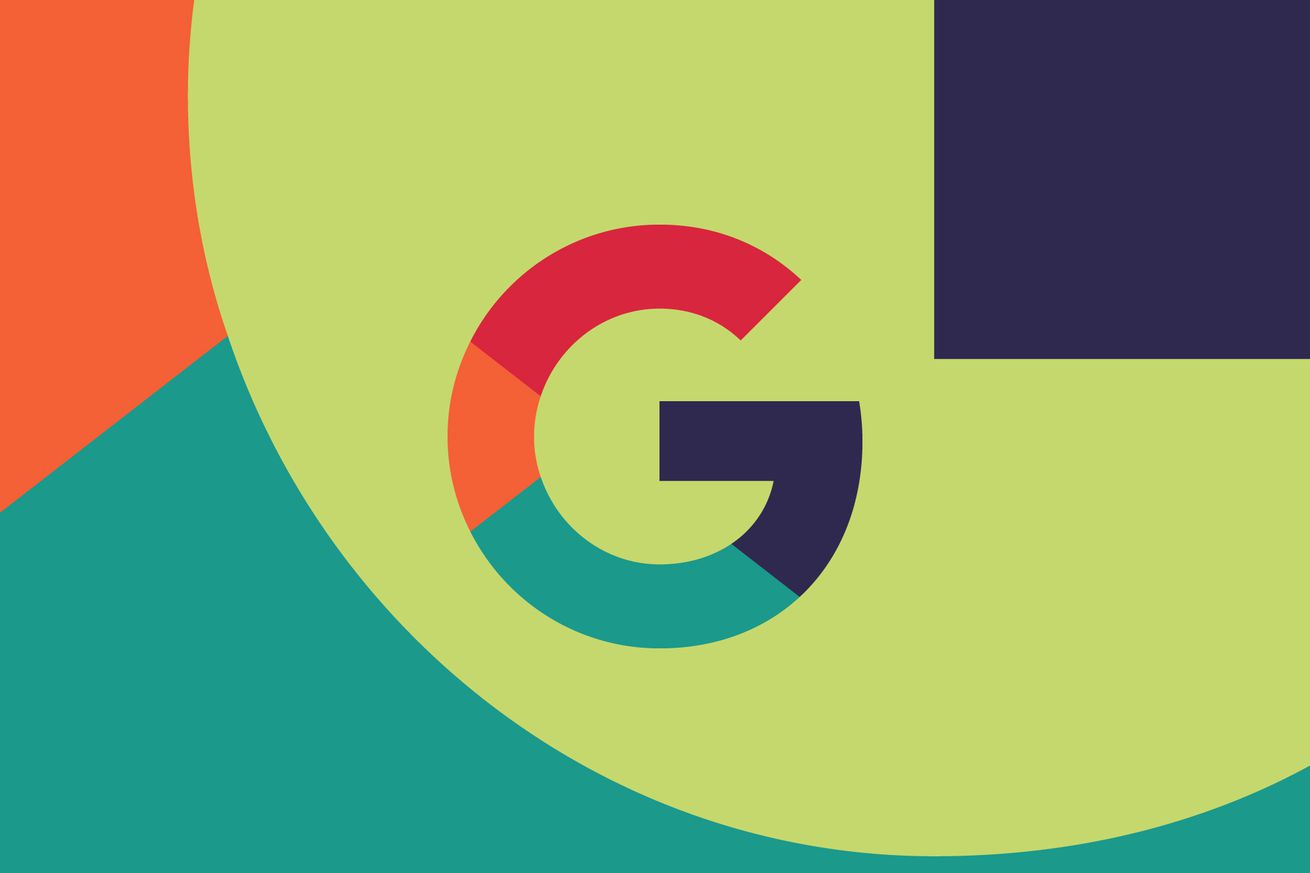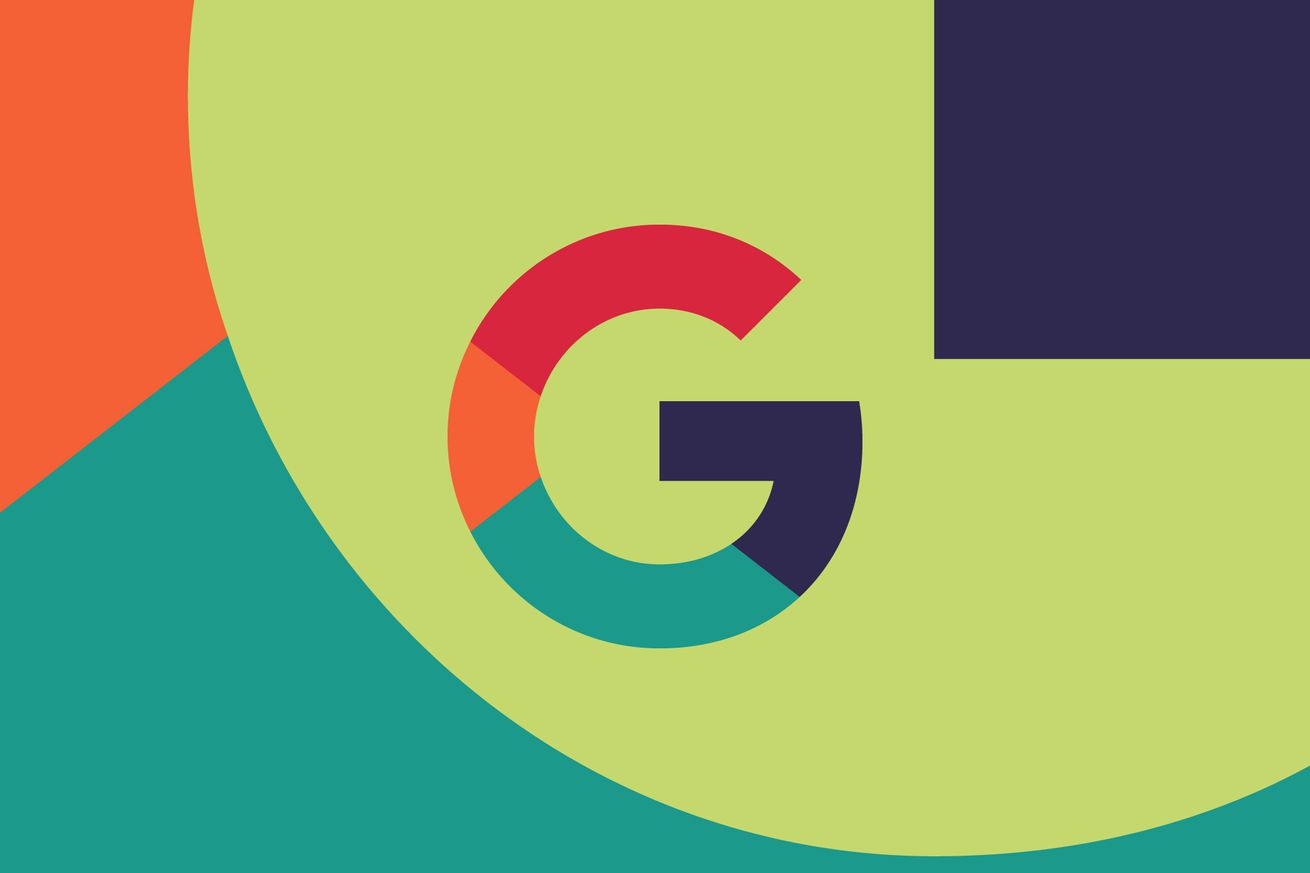
Google will offer customers AI tools to ‘remix’ content for ad campaigns: report
The next target for Google’s AI rush is the company’s advertising business, according to a report from The Financial Times.
Citing a presentation shown to the company’s advertising customers, the FT says Google will augment its ad programs with generative AI this year. The presentation describes how customers will be able input content like text, image, and video into Google’s AI systems which will “remix” them to generate ads based on goals like audience and sales targets.
The FT says the tools will likely be integrated into Google’s Performance Max program, which gives an overview of customers’ campaigns. Notably, Performance Max already uses machine learning to customize ad spend, but currently only makes strategic recommendations (like setting budgets when bidding for ad space). The key difference is that these new updates will deal with the creative content used directly in advertisements.
“It is optimised to convert new customers and has no idea what the truth is.”
This new approach could have new dangers, though. Generative AI systems like text generators are notorious for introducing errors and replicating biases found in their training data. One person familiar with the presentation told the FT they were worried that Google’s AI could introduce factual errors into ad campaigns. “It is optimised to convert new customers and has no idea what the truth is,” said the individual. Google told the FT in response it would be introducing guardrails to try and protect against this eventuality.
Despite Google’s assurances, it’s unlikely the company will be able to fully safeguard new AI products. The technology is developing fast and methods of reducing mistakes (or “hallucinations”) are in their infancy. Google is also rushing to keep up with rivals and, in its haste, has been making serious mistakes. When the company revealed its experimental chatbot Bard, for example, the system made a factual error in its first ever demo. A recent report from Bloomberg also highlighted how the company’s rush to launch AI tools meant it was ignoring warnings about reliability and ethics.
Google is being pressured on numerous fronts, though. The startup space is crawling with companies offering AI systems for augmenting advertising work, while established companies from Microsoft to Canva already offer AI tools to “remix” creative content. Meanwhile, Google’s biggest rival in online advertising, Facebook and Instagram owner Meta, also plans to introduce generative AI advertising tools later this year.

